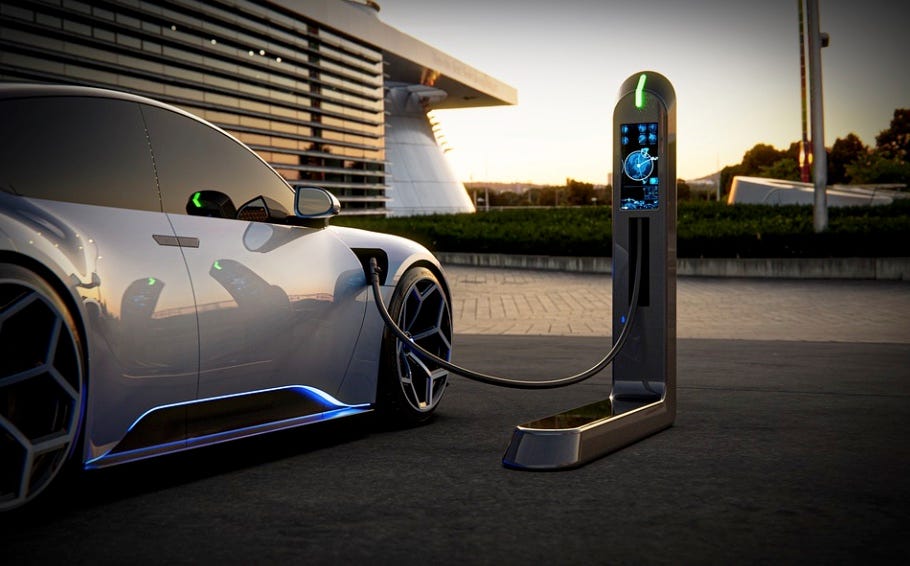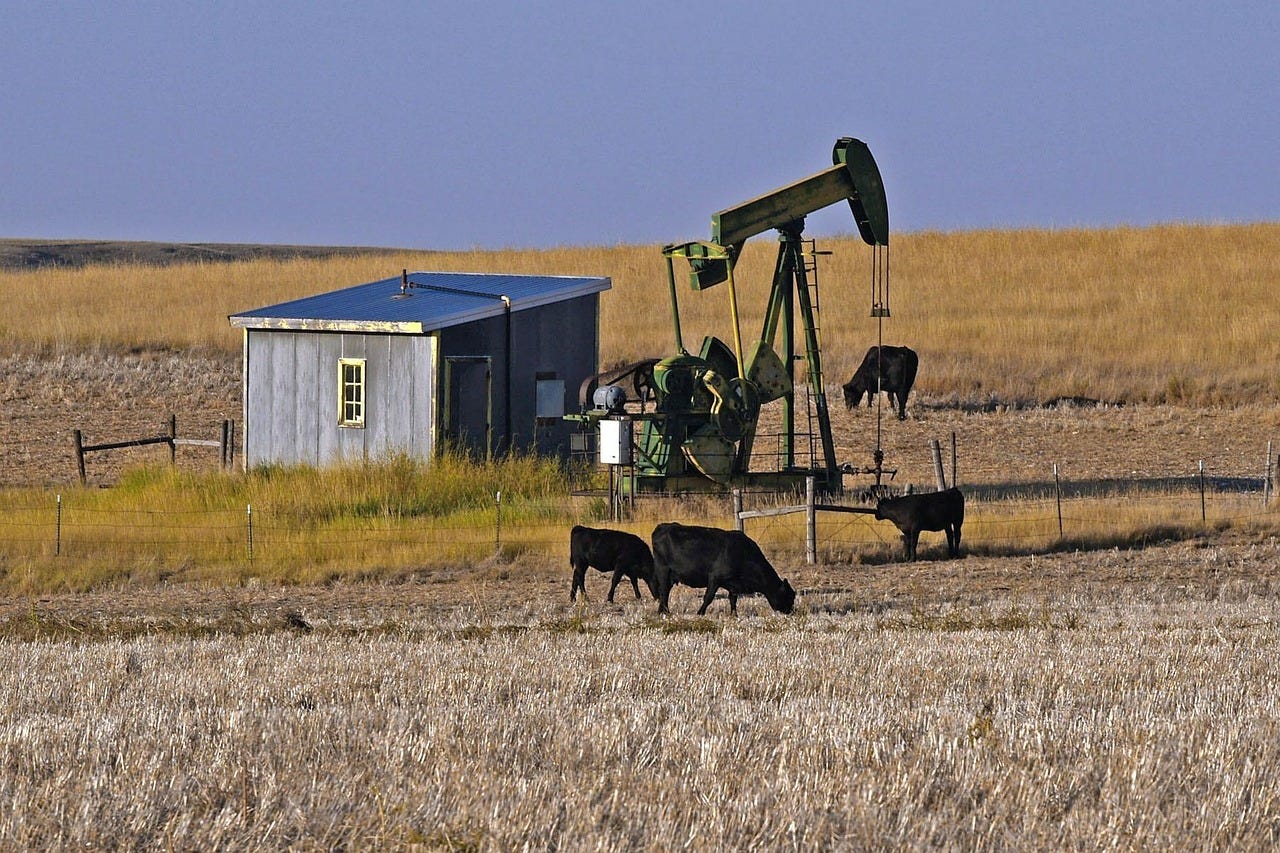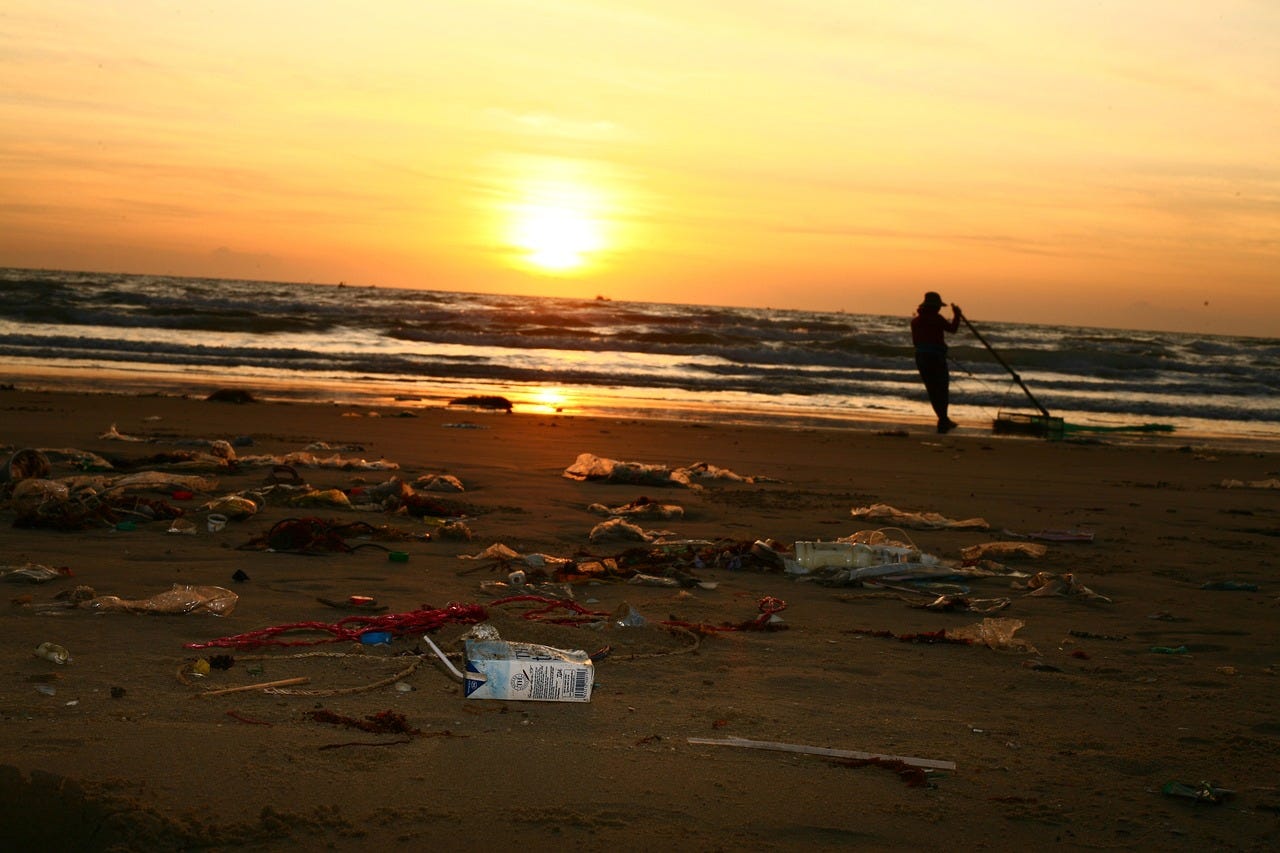Buying the dip in cooling stocks as heat steadily rises
Welcome to Callaway Climate Insights, your daily guide to global climate finance.
Today’s edition of Callaway Climate Insights is free for all our readers. We really want to bring you the best and latest in climate finance from around the world. Please subscribe now.

Another alarming report this week about global temperatures steadily rising sent us to the charts of U.S. cooling companies as demand is forecast to soar.
The World Meteorological Organization said in its annual climate report (See news brief below) that each of the past 10 years were the warmest ever and that record levels of harmful methane and carbon in the atmosphere will keep them rising until the world can achieve net zero.
That looks increasingly unlikely as companies and countries increasingly push back or scrap their net zero plans in the face of economic and political pressure.
Against this backdrop, shares of Trane Technologies TT 0.00%↑, Comfort Systems FIX 0.00%↑ and Watsco WSO 0.00%↑, which all offer cooling and heating services and technology products, look like interesting long-term bets.
All three have declined with the general market since the Trump administration arrived, in the cases of TT and FIX to levels not seen since last summer. Morgan Stanley said in a recent report that it expects the cooling industry to grow 7% annually for the rest of the decade as more cities invest in it to keep from overheating.
There are never any one-way streets in the markets, we acknowledge. But with temps rising and humanity doing little to arrest the core pollution reason for it, it’s hard to see business fading for these types of new technologies in the short term.
Don’t forget to contact me directly if you have suggestions or ideas at dcallaway@callawayclimateinsights.com.
Follow us . . . .
Twitter | LinkedIn | Facebook | Instagram
Why some Republicans want to keep a key part of the Inflation Reduction Act
. . . . A growing number of Republicans and right-of-center think tanks are joining with those on the left in recognizing that it would be a bad idea to repeal the clean energy tax credits that were a key part of the Inflation Reduction Act, or IRA, writes Mark Hulbert. What makes for these unlikely bedfellows? Data from a conservative environmental advocacy group shows the result would be higher electricity rates, slower economic growth and the loss of jobs. Plus, some House Republicans argue that a repeal would risk “sparking an energy crisis in our country, resulting in drastically higher power bills for American families.” Who would have thought?
Thursday’s subscriber insights
How charging station arms race will change the EV dynamic
. . . . After waiting more than four months from the time we bought a Ford Mach-E electric car, our Tesla TSLA 0.00%↑ adapter order finally came through this week. Just in time to see that BYD (BYD) has leapfrogged Tesla with claims of a new charger that can charge an EV in under five minutes.
If true, that would pass Tesla’s fast-charging stations, which can charge your EV in about 15 minutes, or the latest technology from Mercedes, which claims 10 minutes. The developing arms race in chargers is changing the game for EV buyers.
Like all new technologies, it takes some time. But once EV makers have solved the fast charging conundrum by making charging as fast as gassing up your car at the station, we hit a new level in the EV wars.
That still leaves the challenge of having enough charging stations, which in the U.S. at least is on hold after President Donald Trump cut a government program to build networks across the country.
But make no mistake, with or without the U.S., EV and charging technology will create a vibrant new industry led by international competitors.
Editor’s picks: Connection between wildfires and climate change; plus, new WMO report on global climate impacts
Watch the video: In this episode of “ClimateWatch,” CBS News national environmental correspondent David Schechter looks at the impact wildfires have had on the United States and how climate change is playing a role.
WMO report: spiraling weather and climate impacts
“The clear signs of human-induced climate change reached new heights in 2024, with some of the consequences being irreversible over hundreds if not thousands of years,” the World Meteorological Organization says in a new report. The WMO report also outlines the massive economic and social upheavals from extreme weather. WMO’s State of the Global Climate report confirms that 2024 was likely the first calendar year to be more than 1.5°C above the pre-industrial era, with a global mean near-surface temperature of 1.55 ± 0.13°C above the 1850-1900 average. This is the warmest year in the 175-year observational record. The report also notes that atmospheric concentrations of CO₂ are at the highest levels in the last 800,000 years, and globally, each of the past 10 years were individually the 10 warmest years on record.
Latest findings: New research, studies and projects
Methane abatement in the oil and gas industry
There’s growing recognition of how methane emissions contribute to climate change. And an important source of those emissions is the U.S. oil and gas sector, as detailed in this NBER working paper titled Methane Abatement Costs in the Oil and Gas Industry. The authors say they find significant potential for low-cost methane abatement in the oil and gas sector in the U.S. and elsewhere, “although claims of widespread negative abatement cost opportunities should be taken with a grain of salt.” From the abstract: “We also find that the potential for low-cost abatement is not without limit. Whereas it appears that cutting methane emissions in half would be relatively inexpensive, a sharp uptick in marginal abatement cost may occur when reductions exceed 60% to 80% below baseline levels. This threshold may change over time with technological advances in remote sensing, which can reduce abatement costs at various levels of ambition.” Authors: Joseph E. Aldy, Harvard Kennedy School; National Bureau of Economic Research; Resources for the Future; Forest L. Reinhardt, Harvard Business School; Robert Stavins, Harvard University.
More of the latest research:
California Wildfires and the Legal Implications of Cloud Seeding
Words to live by . . . .
“The most environmentally friendly product is the one you didn’t buy.” — Joshua Becker, American author.





